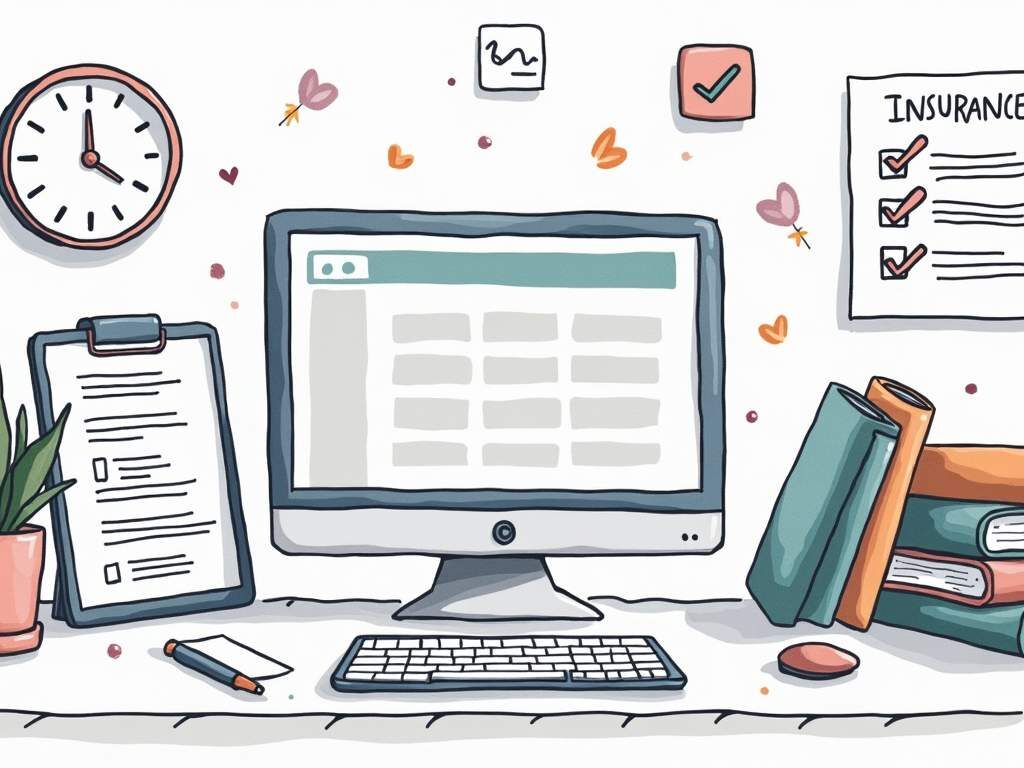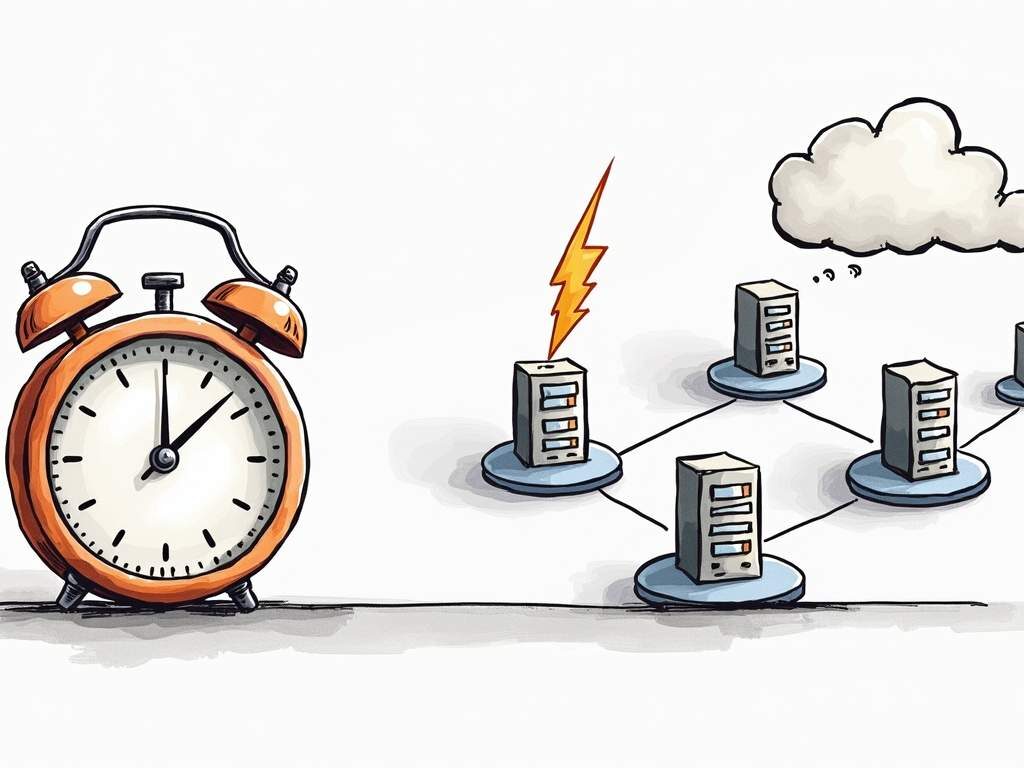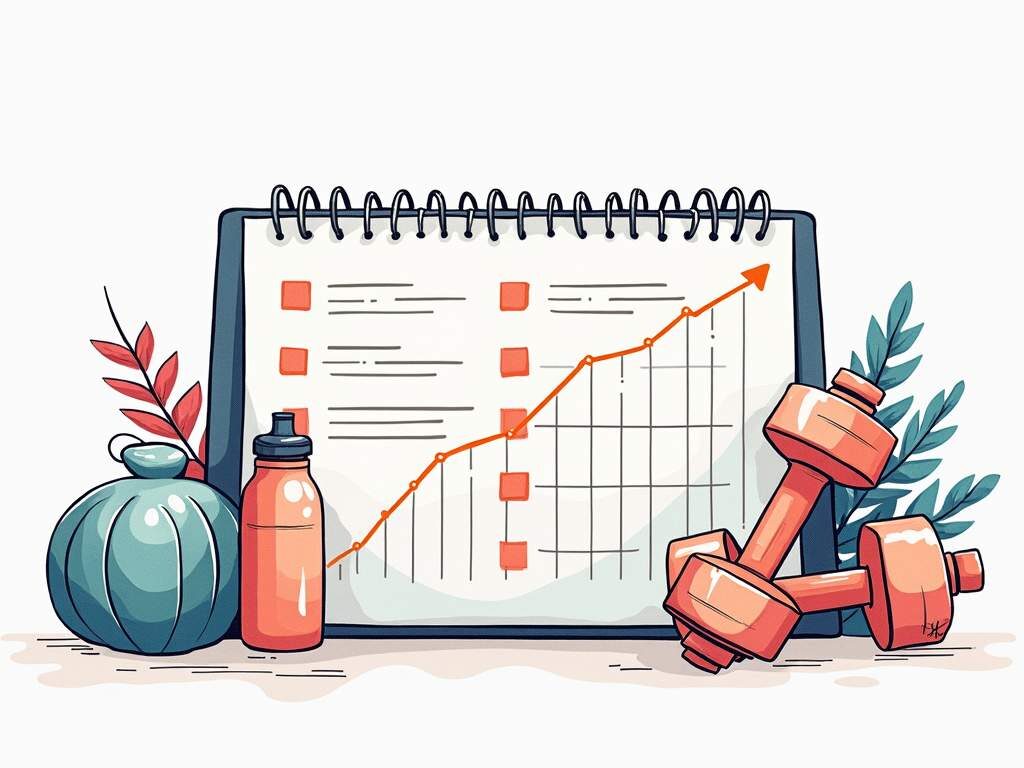Nursing shifts can feel like running a marathon while solving puzzles and providing compassionate care all at once. Whether you’re pulling a 12-hour night shift or managing the morning medication rush, maintaining focus isn’t just helpful—it’s essential for patient safety and your own wellbeing. Let’s dive into practical strategies that can help you stay sharp and efficient during those demanding hours on the floor.
Understanding the Nursing Focus Challenge
The healthcare environment is practically designed to fragment your attention. Between call bells, physician requests, family questions, and critical patient needs, your brain is constantly switching tasks. This mental juggling act can lead to decision fatigue and attention depletion faster than you might realize.

Research shows that nurses experience interruptions approximately every 8 minutes during medication administration alone. Each interruption increases the risk of errors and requires additional mental energy to get back on track. Understanding this challenge is the first step toward managing it effectively.
The Science of Focus in High-Stress Environments
Our brains aren’t wired for the constant attention switching that nursing demands. When we rapidly shift between tasks, we experience what neuroscientists call “attention residue”—where part of our brain remains stuck on the previous task even as we move to the next one. For nurses, this can mean mentally reviewing a concerning lab value while trying to insert an IV, potentially compromising both tasks.
The good news? With intentional strategies, you can train your brain to recover more quickly from interruptions and maintain higher quality focus throughout your shift.
Practical Focus Techniques for Your Shift
The Pomodoro Technique: Modified for Nursing
The Pomodoro Technique—working in focused sprints followed by short breaks—can be adapted for nursing workflows. While you can’t ignore patient needs for 25-minute stretches, you can use a modified approach. Many nurses find success with the Focus Keeper tool, which allows you to customize work/break intervals to match nursing realities.
Try setting Focus Keeper for 45-minute focused work periods when possible (like during documentation time), followed by 5-minute breaks. During those 45 minutes, batch similar tasks together—complete all your medication documentation at once rather than switching between charting and other duties. Even on hectic days, this structured approach can help you maintain mental organization.
Task Batching and Time Blocking
Rather than responding reactively to every demand, try grouping similar tasks when possible. For instance, if you need to check vital signs for multiple patients, do them consecutively rather than interspersing them with medication administration or documentation.
Some experienced nurses swear by the “room sweep” method—handling all non-urgent tasks for one patient before moving to the next, minimizing the mental load of switching between patients repeatedly. This isn’t always possible, but implementing it when you can will preserve mental energy.
The Two-Minute Rule
Borrowed from productivity expert David Allen, the two-minute rule is perfect for nursing. If a task will take less than two minutes to complete (like restocking a supply or making a quick phone call), do it immediately rather than adding it to your mental to-do list. This prevents small tasks from piling up and becoming overwhelming later in your shift.
Nutrition and Hydration Strategies
Your brain is an energy-hungry organ that needs proper fuel to maintain focus. Unfortunately, nursing shifts often lead to irregular eating patterns and dehydration, both of which can significantly impair cognitive function.

Brain-Friendly Snacking
Pack nutrient-dense, easy-to-eat snacks that provide sustained energy. Great options include:
- Mixed nuts and seeds (walnuts are especially brain-friendly)
- Greek yogurt with berries
- Hard-boiled eggs
- Hummus with veggie sticks
- Oatmeal cups (can be prepared with hot water from the unit)
Avoid the temptation of sugary snacks from the break room, which provide a quick energy spike followed by a crash that can leave you more foggy than before.
Strategic Hydration
Even mild dehydration can impair attention, memory, and critical thinking. Keep a water bottle with time markers to ensure you’re drinking consistently throughout your shift. Some nurses find that adding electrolytes to their water during particularly busy shifts helps maintain better mental clarity.
Pro tip: If bathroom breaks are limiting your hydration, try frontloading your water intake during the first part of your shift and tapering slightly in the final hours.
Technology Tools for Focus Management
While smartphones can be distractions, the right apps can transform them into focus allies. Several tools can help you maintain concentration during demanding shifts.

Focus Keeper and Time Management Apps
Focus Keeper stands out as particularly useful for healthcare professionals. This app uses the Pomodoro technique but allows customization for the unpredictable nursing environment. You can set it to track focused work periods and remind you to take mental breaks when possible.
The app’s visual timer helps you stay aware of time passing—something that can easily get lost during busy shifts. Many nurses report that seeing the timer helps them maintain a sense of control even during chaotic periods. Focus Keeper also tracks your focus sessions over time, helping you identify patterns in your concentration levels throughout different shifts.
Mindfulness and Breathing Apps
Apps like Calm and Headspace offer quick 1-3 minute breathing exercises that can reset your focus between stressful patient encounters. Even 60 seconds of guided breathing can lower stress hormones and improve cognitive function for the next task.
Physical Techniques to Maintain Alertness
Your physical state directly impacts your mental focus. Small movements can make a big difference, especially during night shifts or long stretches of documentation.
Micro-Movement Breaks
When you notice your attention flagging, try these quick physical resets:
- 10 squats or wall sits while reviewing charts
- Shoulder rolls and neck stretches between patient rooms
- Calf raises while waiting for medications to dispense
- Brief stair climbing on breaks (better than scrolling social media!)
These movements increase blood flow to your brain, delivering more oxygen and glucose—exactly what you need for sustained attention.
Creating Pre-Shift and Post-Shift Routines
How you prepare before your shift and decompress afterward significantly impacts your focus abilities. Creating consistent routines signals to your brain when it’s time to engage and when it’s time to rest.
Before your shift, try a 5-minute planning session where you review unit assignments and mentally prepare for known challenges. After your shift, implement a “shutdown ritual” that might include documenting any thoughts for your next shift, changing clothes, and a brief mindfulness exercise to help your brain transition from work mode.
Remember that focus isn’t just about pushing harder—it’s about working smarter with your brain’s natural tendencies. By implementing even a few of these strategies, you’ll likely find yourself more present for your patients and less mentally exhausted at the end of your shifts. Your patients deserve your best attention, and so do you.





